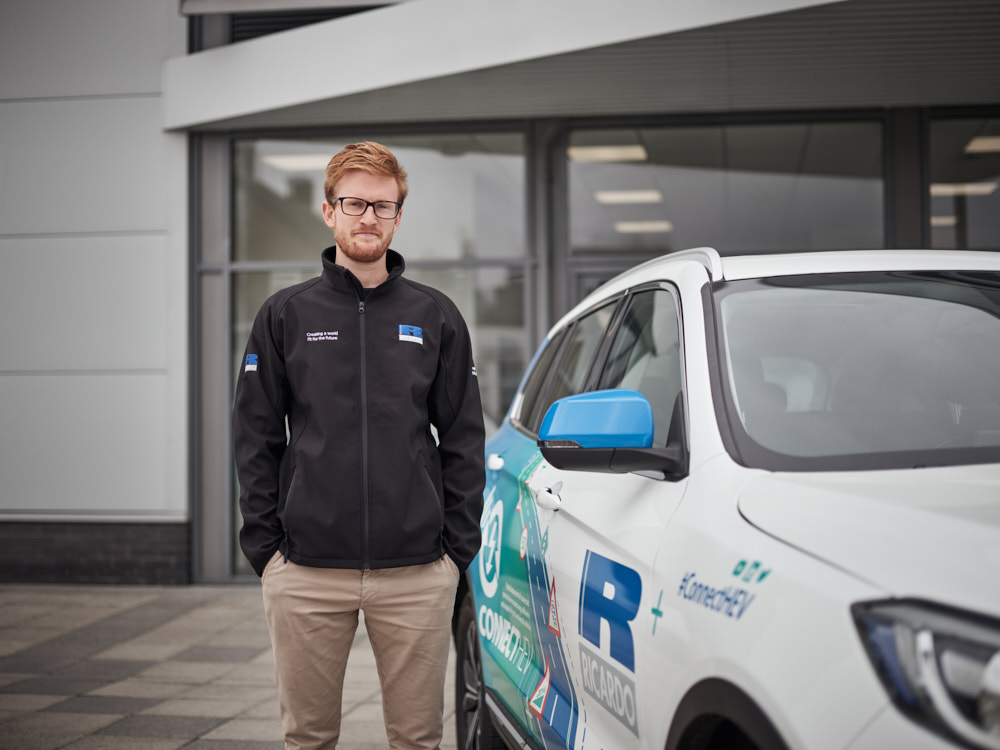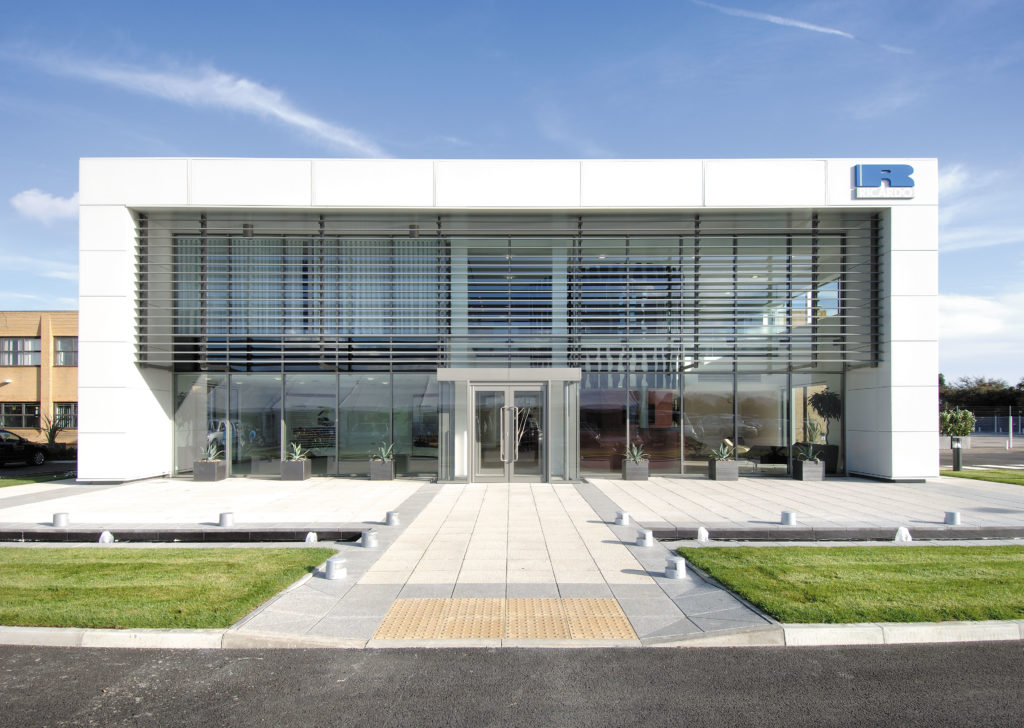What is your role and how is sustainability a part of it?
At Ricardo I sit within the environmental, social and governance team (ESG) as group risk manager. I’m part of a team working on science-based targets to do with net zero commitments. Last year we committed to publishing more about our own operations and the environmental impact, including carbon emissions attributable to air travel, so part of my job is to report on our greenhouse gas emissions, for example.
What is Ricardo’s commitment to sustainability?
Ricardo has a vision of a world where we can all live sustainably – using clean energy, conserving resources, with access to clean air and clean water.
As a global engineering and environmental consultancy, we provide sustainable solutions for our clients’ problems – and we’re committed to sustainability in our own business practices. It’s important for us to continuously review our own operations.
Our number one priority is renewable energy – we operate in 25 countries and we want to get to 90 per cent renewables in 2025, and net zero emissions by 2030. There are a few countries where we can’t buy renewables yet.
We are working to reduce our energy use and make efficiency improvements at all our sites, as well as carbon offsetting.
We also need to minimise travel and make sure we are digital first. Some travel is still necessary, but we’re reducing it. High speed trains instead of short haul air travel works very well for some destinations, but not others.
How important is sustainability to Ricardo’s clients?
Our experts support clients to address the causes of climate change and in mitigating its effects – but for them to have confidence in us, we need to be transparent about our own approach to sustainability. Clients will ask quite detailed questions.
Sustainability is high on the agenda for governments and we’re helping several. The UK government requires carbon reduction plans from anyone bidding for its contracts, and we’re providing environmental consulting and calculating the greenhouse gas inventory for Defra.
We’ve also supported the European Commission in developing a climate policy package to ensure the EU can reach its goal of reducing greenhouse gas emissions by at least 55 per cent by 2030 – the “Fit for 55” package. Our expertise is contributing to help make Europe the world’s first climate-neutral continent by 2050 – something we’re very proud of.
How has sustainability been embedded in the business?
Ricardo was born more than 100 years ago but the business has always had a sustainability agenda – it’s all about improving efficiency. We remain committed to the ethos of our founder, Sir Harry Ricardo, one of the most innovative engineers of his time, who in 1915 set out on a mission to “maximise efficiency and eliminate waste”.
Ricardo helps to change behaviours and drives new, sustainable income streams, helping businesses to be more efficient.
Ware the challenges and exciting opportunities for West Sussex with regards to sustainability?
There is still a lot of work to do to deliver on the ten Greater Brighton pledges to help the environment (the GB10) but work is in hand. You have to start somewhere.
Ricardo is part of the Hydrogen Sussex energy group, which is really exciting. We are investing £2.5 million in a hydrogen development and test facility at our Shoreham Technical Centre. The plan is to create a centre of excellence for hydrogen and electrified transport engineering and help the drive to become a zero-carbon economy.
One of the biggest challenges we have is decarbonising the built environment. We want to be on the front foot for that. There is some progress on council housing, but changes are needed for the entire built environment to cut emissions.
For new builds, we want to adopt energy-efficient building regulations – we should be piloting these first. Legislative constraints are currently stopping us from going as fast as we would like.
We also need to build sustainability into the curriculum so it’s embedded in the minds of the next generation. Our grandchildren will benefit the most. Post-generational thinking is so important.
In Sussex, our natural environment is world class – we have the stunning South Downs National Park and the regeneration of the underwater Sussex kelp forest will be world class too. We must look after it.


